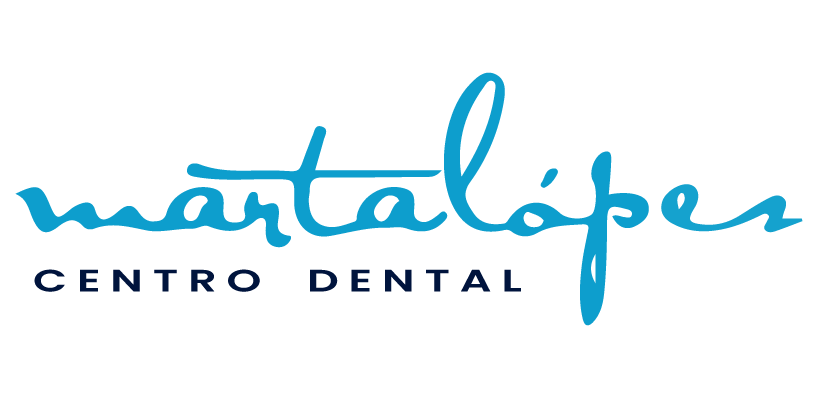The Impact of Blockchain on Traditional Stock Markets
Blockchain technology has been making waves in the financial world over the past decade, with its potential to revolutionize traditional stock markets. With its decentralized and secure nature, blockchain has the power to streamline processes, reduce costs, and increase transparency in stock trading. This article will delve into the impact of blockchain on traditional stock markets, exploring the opportunities and challenges it presents.
Blockchain is a distributed ledger technology that allows for secure and transparent record-keeping of transactions. In the context of stock markets, blockchain has the potential to simplify the trading process by eliminating the need for intermediaries such as clearinghouses and custodian banks. This can reduce transaction costs and speed up the settlement process, making stock trading more efficient.
One of the key benefits of blockchain technology in traditional stock markets is its ability to increase transparency. With blockchain, all transactions are recorded on a public ledger that is immutable and tamper-proof. This means that investors can have full visibility into the trading activity of a stock, reducing the risk of fraud and manipulation. This increased transparency can also help build trust between market participants and regulators, leading to a more stable and resilient market.
Another potential impact of blockchain on traditional stock markets is the ability to tokenize assets. Tokenization is the process of representing real-world assets, such as stocks and bonds, as digital tokens on a blockchain. This can make it easier for investors to buy and sell fractional ownership in assets, opening up new investment opportunities and increasing market liquidity. Tokenization can also reduce the barriers to entry for smaller investors, democratizing access to the stock market.
Blockchain technology can also improve the efficiency of regulatory compliance in traditional stock markets. By automating compliance processes through smart contracts, regulators can more easily monitor and enforce market regulations. This can help reduce the risk of market manipulation and insider trading, creating a more level playing field for all participants.
Despite the potential benefits of blockchain technology in traditional stock markets, there are also challenges that need to be addressed. One of the main concerns is the scalability of blockchain networks. As more assets are tokenized and traded on the blockchain, the network can become congested, leading to slow transaction speeds and high fees. Scalability solutions, such as layer 2 solutions and sharding, are being developed to address these issues.
Security is another key concern when it comes to blockchain technology in traditional stock markets. While blockchain is considered to be secure due to its cryptographic algorithms and decentralized nature, there have been instances of hacks and security breaches on blockchain networks. It is essential for market participants to implement robust security measures, such as multi-signature wallets and secure smart contracts, to protect investors’ assets.
Regulatory uncertainty is also a challenge that needs to be navigated when implementing blockchain technology in traditional stock markets. Regulators around the world are still developing frameworks to govern blockchain-based securities, leading to uncertainty for market participants. Clear and consistent regulations are needed to ensure the legal and regulatory compliance of blockchain-based stock trading.
In conclusion, blockchain technology has the potential to transform traditional stock markets by increasing efficiency, transparency, and liquidity. However, there are challenges that need to be addressed, such as scalability, security, and regulatory uncertainty. Market participants need to collaborate with regulators and technology providers to harness the full potential of blockchain in traditional stock markets. With the right approach, blockchain can revolutionize the way we trade stocks, making it more accessible and secure for all investors.

